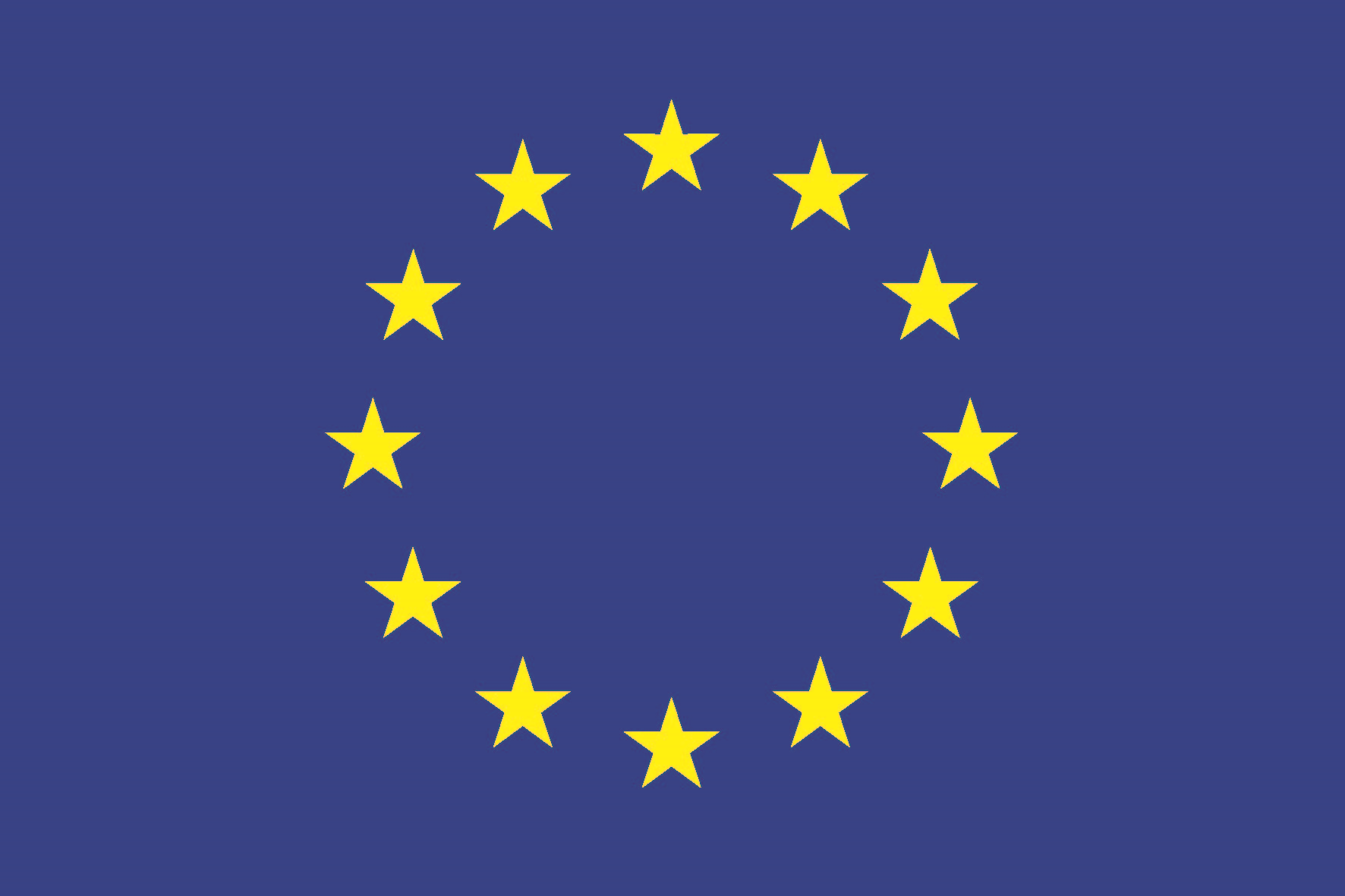Global Voices Detail Priorities for Food Loss and Waste Reduction in 2016
Summary of outcomes of the 2015 Series of International Conferences on Food Loss and Waste Reduction
2016 comes on the heels of a hallmark year in the global Food Loss and Waste (FLW) movement. For the first time in a decade of heightened advocacy, record seven high-level meetings were organized to discuss and debate scenarios and solutions for Food Loss and Waste reduction on the international stage.
In the Middle East, The Abu Dhabi Food Control Authority supported the Global Forum for Innovations in Agriculture which hosted a well-attended conference that highlighted the role valorisation can play in FLW reduction. Agritech Israel, the premier agricultural expo in Israel, mobilized postharvest loss experts working in agro-technology, to explore novel technical and scientific solutions to issues such as improving food systems in areas such as transport and shelf-life.
The high interest in addressing Food Waste, or the intentional removal of edible food from the food chain, was clear among high level European institutions and governments, demonstrated by the holding of high-level conferences by the European Commission and the Government of the Netherlands in Milan and The Hague respectively to share solutions and good practices for Food Waste reduction. Both of the events, Fight Food Waste, Feed the Planet and No More Food to Waste, attracted a wide cross-section of food chain actors from farm to fork and resulted in heightened collaboration, partnership and tangible actions. Both efforts provided a platform for wide-ranging and organized discussions on food waste, not only in Europe where the problem is largely considered endemic, but in the rapidly developing cities of the global South where rising household incomes are leading to rising levels of food waste.
Also in Europe, academia and the international development community joined forces to promote a wider analysis of food waste at the Dresden Nexus Conference organised by the United Nations University-FLORES in collaboration with SAVE FOOD and other partners. During this event, FLW was analysed from a “nexus” approach to environmental resource management, which examines the inter-relatedness and interdependencies of environmental resources. In Rome, SAVE FOOD collaborated with the ADM Institute for the Prevention of Postharvest Loss to launch a successful 1st International Conference on Postharvest Loss Prevention in October 2015, which examined a number of postharvest loss scenarios and solutions and engaged postharvest loss experts in creating a global roadmap for PHL reduction.
SAVE FOOD also held its annual SAVE FOOD General Meeting 2015 which focused on the private sector’s role in reducing FLW, specifically the innovations and collaborations required to establish sustainable changes in FLW levels in both developing and developed states.
2015 Series of International Conferences on Food Loss and Waste Reduction was an opportunity to take stock of some of the key priorities and possible intervention points for FLW reduction. Some of the key conclusions arising from the conferences concerned areas such as market and investment, technology, governance, and social innovation. The wide-scale support these conferences received by the international development community, national and regional governments, and research institutions has demonstrated the high level of motivation and drive inherent in global efforts to reduce FLW. The outcomes from the conferences’ findings provide a record of the state of global priorities in 2015 and pave the way for a global vision for FLW reduction in 2016.
SAVE FOOD compiled a short selection of key conclusions emerging from each of the conferences. You may view the final report of the 2015 Series here.

 Copyright © 2016 | EU FUSIONS |
Copyright © 2016 | EU FUSIONS |